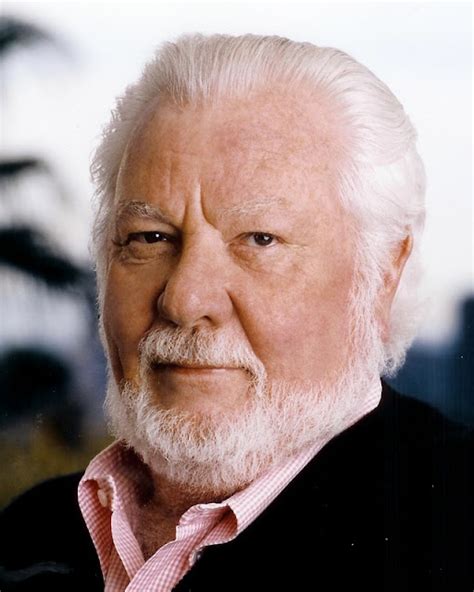A Quote by James Surowiecki
On the simplest level, telecommuting makes it harder for people to have the kinds of informal interactions that are crucial to the way knowledge moves through an organization. The role that hallway chat plays in driving new ideas has become a cliche of business writing, but that doesn't make it less true.
Related Quotes
On the craft level, writing for children is not so different from writing for adults. You still have to have a story that moves forward. You still have to have the tools of the trade down. The difference arises in the knowledge of who you're writing for. This isn't necessary true of writing for adults.
Not ever having been an agent myself, my sense is that upper-level agents who have the most power, who can move people through the system more easily, are less willing to take on the volume of work to break somebody new. And then lower-level people, if they are willing to take on somebody new, they don't necessarily have as much sway, and it's harder for them to push somebody through.
Ideas, as the raw material from which knowledge is produced, exist in superabundance, but that makes the production of knowledge more difficult rather than easier. Many ideas- probably most- will have to be discarded somewhere in the process of producing authenticated knowledge. Authentication is as important as the raw information itself, and the manner and speed of the authentication process can be crucial.
Why did the consensus of Christian churches not only accept these astonishing views but establish them as the only true form of Christian doctrine? . . . these religious debates - questions of the nature of God, or of Christ - simultaneously bear social and political implications that are crucial to the development of Christianity as an institutional religion. In simplest terms, ideas which bear implications contrary to that development come to be labeled as 'heresy'; ideas which implicitly support it become 'orthodox.'
Just getting totally absorbed in that and therefore when I came back around to [Buckminster Fuller] and found that much of it was made up, I realized that nevertheless, it really was crucial, crucial for how he understood himself, I believe, and certainly crucial for how anyone else ever engaged in his ideas and therefore as a starting point, how can we engage in his ideas today, but with a remove of knowing that it is a myth and being able to navigate it in that sort of level, at that level of reading him as a story.
When you go apartment-hunting in the South, you encounter little old ladies who ask you if you use strong drink. In New York you encounter paranoids who wonder if you will commit suicide--not that they care; what they worry about is blood on their fresh paint, a dubious smell in the hallway, or a hole in the awning as you pass through on your way to the sidewalk. The Southerner who moves to any part of the country has problems, but the culture shock that attacks the Southerner who moves North is almost indescribable.

































